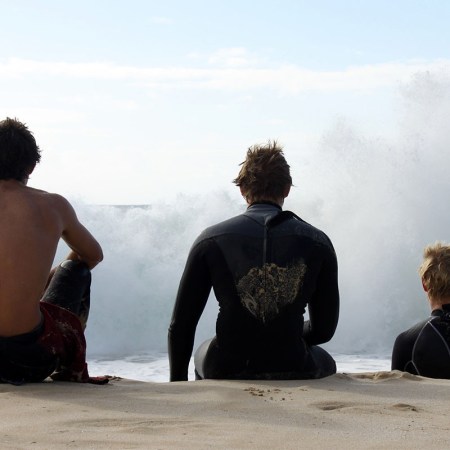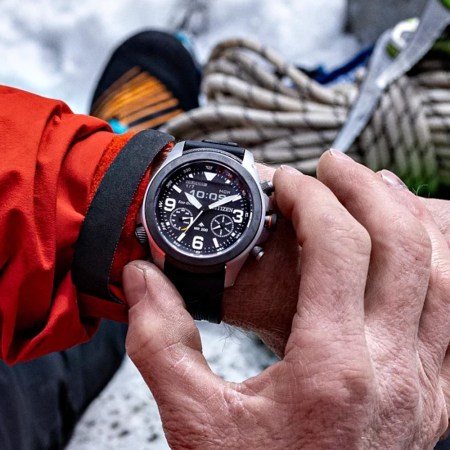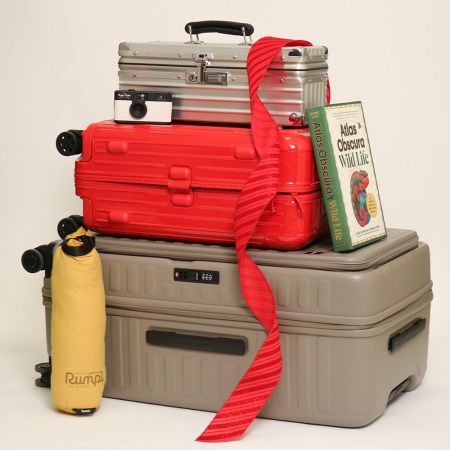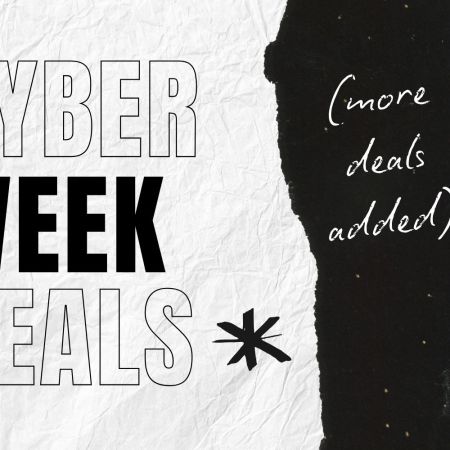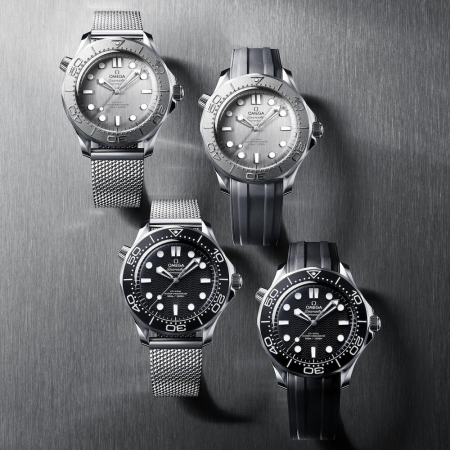Over the last three years, Atlantic senior editor Julie Beck has conducted 100 interviews on the nature of friendship.
She’s run the gamut, talking to people who found lifelong friends during World War II and people who’ve stumbled upon them using Bumble’s “BFF” feature. All told, The Friendship Files constitutes a real treasure trove: there are profiles of hikers in Maryland, a stay-at-home dad troupe in Kansas City, a group of 40-somethings spread across the country, the list goes on.
All throughout her research, though, no matter the origin or form of the friendship, there have been constants. There are criteria — qualities — that appear to keep the healthiest friendships humming along. Here at the end of her project, she’s identified six: accumulation, attention, intention, ritual, imagination and grace.
How Text-Only Relationships Can Help Solve the Male Friendship Crisis
Inside the curious rise of “digital confidants” — friends who go years without meeting in the same placeObviously, there are a bunch of other words or ideas that you could probably summon or plug in to describe the healthiest friendship in your life, but upon review, these make for a fantastic foundation:
- Accumulation: Time spent together; it can take hundreds of hours of interaction for relationships to take the leap from acquaintance to casual friend to close friend.
- Attention: Close friendships can emerge from extremely unlikely places, if both parties are open to connection. It’s never too late — and no “source” is ever too strange. The key is to be on the lookout for those opportunities.
- Intention: Still, forging one requires a bit of courtship, which can require a bit of bravery. Following up, making plans, trading today’s vulnerability for tomorrow’s joy…that’s how lifelong friendships are made.
- Ritual: Friendships take work, but ritual/repetition can keep them from feeling like a chore. Consider: Friday lunches, fantasy football leagues, annual trips to the beach, group chats that pop off all day.
- Imagination: Perhaps the most unique among the criteria — the healthiest friendships defy the societal norm that friendship ought to take a backseat as you age. Finding ways to incorporate them into your family, your career, your vacations, your activism…whatever, will make sure they evolve as you evolve.
- Grace: Even in the healthiest friendships on the planet, friends find a way let each other down. Texts are left on read, special events missed. Months or even years can get in the way. But greeting these shortcomings with forgiveness, patience and perspective allows the friendship to continue on…and create more memories in kind.
This sort of work is important across all groups of American adults, but it’s particularly pertinent for cohorts like middle-aged men, who grapple with loneliness and isolation at an alarming clip, or “kinless seniors,” who find themselves entering their retirement years with no parents, siblings or children to their name. (As unlikely as that may sound, it’s becoming a real problem, highlighting a slew of demographic trends.)
You don’t have to be 55 and alone on the couch every night to find worth in these qualities, though. Redesign friendship as a priority in the year ahead — whether by paying closer attention to the friends you already have, or in seeking new ones with intention — and notice how that proactive approach, however tiresome it may sound at the outset, is actually an investment in yourself, too.
After all, by its very definition, a healthy friendship is a reciprocal one, with shared time, shared traditions, and most importantly, shared grace. Whenever one blossoms, brings joy and color into lives, and displays a knack for braving the chillier winters, that’s a special thing. It deserves all the care it can get.
Whether you’re looking to get into shape, or just get out of a funk, The Charge has got you covered. Sign up for our new wellness newsletter today.


